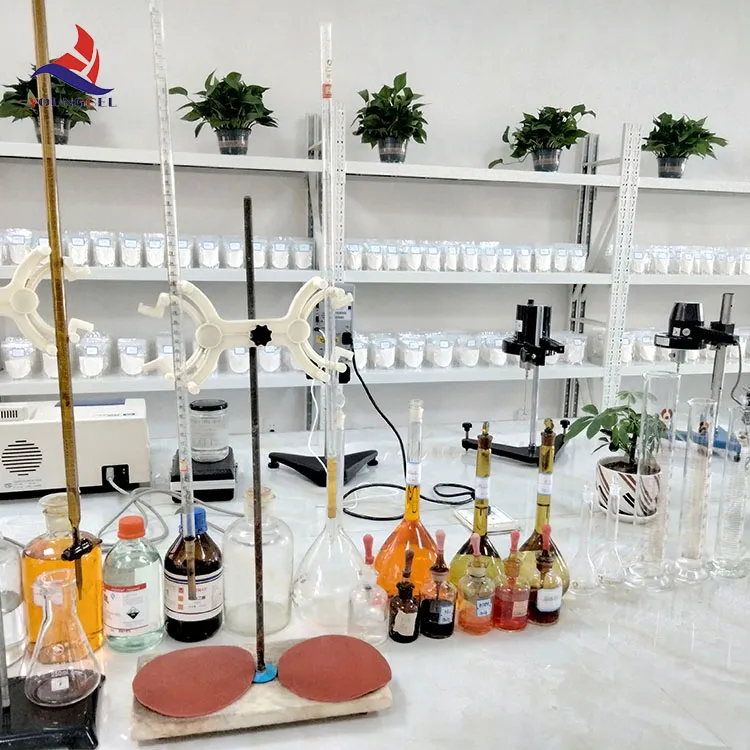Carboxymethyl cellulose (CMC) is a widely used derivative of cellulose, a natural polymer found in the cell walls of plants. CMC is synthesized by carboxymethylating cellulose, which introduces carboxymethyl groups into the cellulose chain. This modification enhances the solubility and functional properties of cellulose, making it an important ingredient in various industries.
One of the primary applications of CMC is in the food industry, where it serves as a thickening agent, stabilizer, and emulsifier. It is commonly used in products such as ice cream, salad dressings, and sauces, where it helps maintain texture and consistency. By increasing the viscosity of food products, CMC also plays a crucial role in controlling the flow and mouthfeel, ultimately enhancing the overall sensory experience for consumers.
In addition to its role in food processing, CMC is widely utilized in pharmaceuticals and cosmetics. In the pharmaceutical sector, it acts as a binder and disintegrant in tablet formulations, ensuring that the active ingredients are released effectively in the body. Its ability to retain moisture makes CMC a valuable component in topical formulations, providing hydration and a smooth application in creams and ointments.
carboxymethyl cellulose

The industrial applications of carboxymethyl cellulose extend to the textile and paper industries. In textiles, CMC is used as a sizing agent, improving the strength and durability of fabrics. In papermaking, it enhances the paper's properties by increasing its stiffness and resistance to water.
Moreover, CMC is recognized for its environmentally friendly characteristics. As a biodegradable and non-toxic substance, it poses minimal environmental risks, making it an attractive alternative to synthetic additives. This eco-friendly aspect is increasingly important as consumers and manufacturers alike seek sustainable options.
Overall, carboxymethyl cellulose is a versatile compound that plays a crucial role in many sectors. Its unique properties, including solubility, thickening ability, and stability, make it indispensable in food production, pharmaceuticals, cosmetics, and industrial applications. As innovation continues in these fields, the demand for CMC is likely to grow, solidifying its place as a key ingredient in modern formulations.
-
The Application and Significance of Construction RdpNewsMay.19,2025
-
Industrial Grade HpmcNewsMay.19,2025
-
Building Coating Adhesive Building Coating Adhesive HpmcNewsMay.19,2025
-
Application Of Hpmc For Detergent For Detergent In DetergentsNewsMay.19,2025
-
Application Of Hpmc Cellulose In Cement-Based MaterialsNewsMay.19,2025
-
Application Of High Quality Hpmc For Construction In The Field Of ConstructionNewsMay.19,2025




